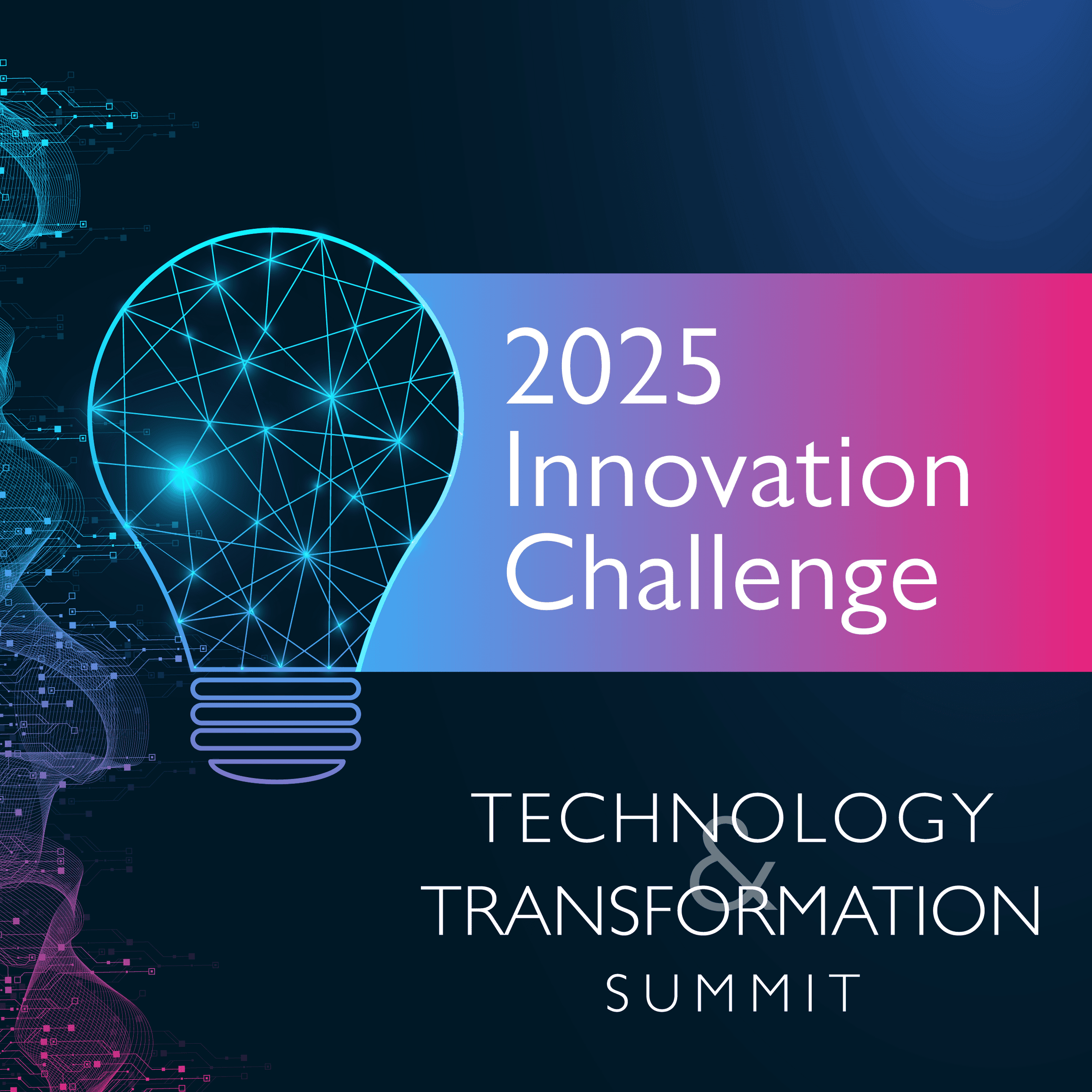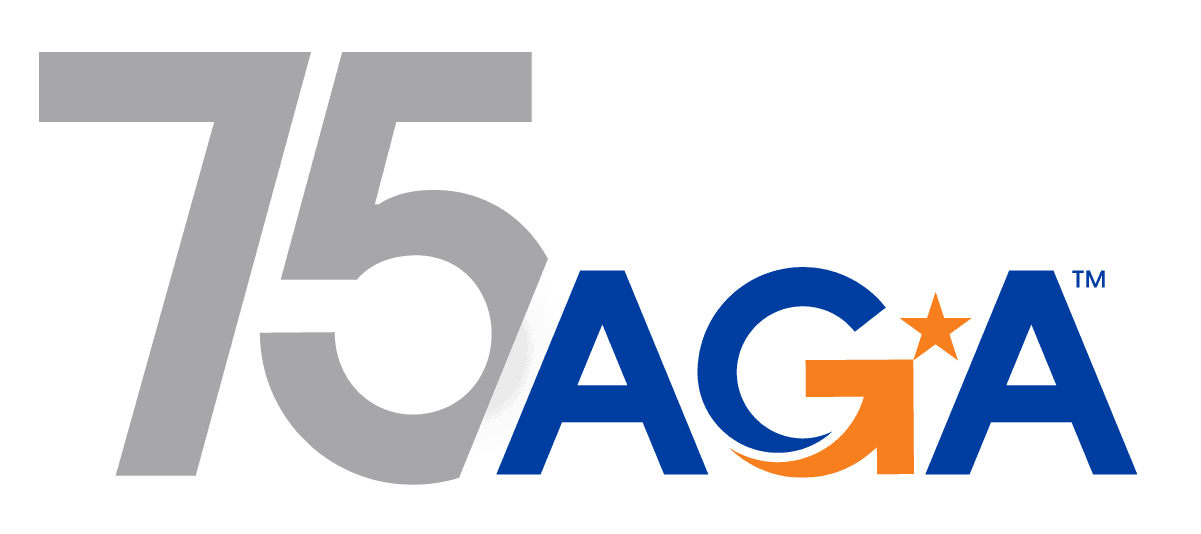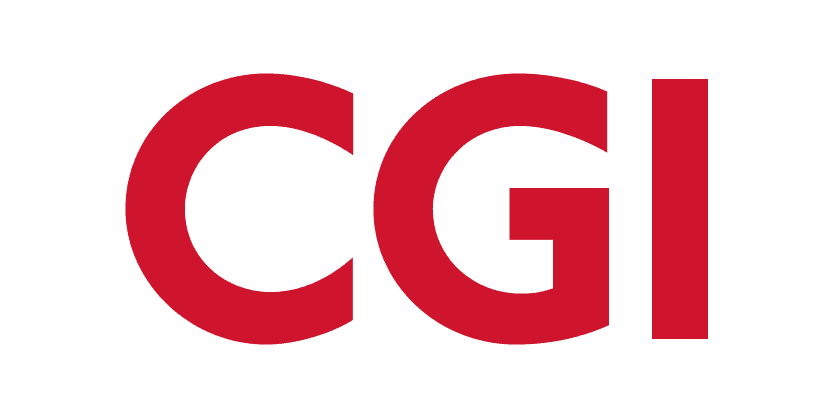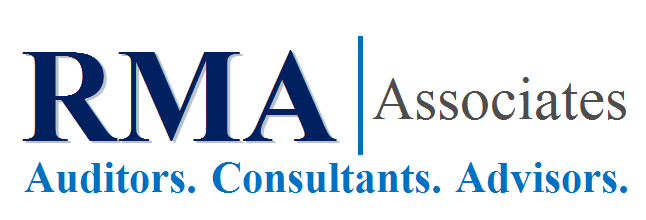About Technology & Transformation Summit (TTS)
This event brings together over 1,000 government leaders and industry experts to explore the transformation of mission delivery through IT innovation, workforce development, cybersecurity, and cloud technology. Now more than ever, digital transformation is essential to achieving efficient and effective mission outcomes across government!

Key Details
TTS covers IT innovation, workforce development, cybersecurity and cloud technology.
TTS is FREE for AGA members.
AGA’s Innovation Challenge
AGA seeks transformative ideas to improve government at any level. If you’ve implemented an innovative solution—or have one to share—submit it to the Innovation Challenge.
Submission Rules
Previous Winners


Sponsorship Opportunities
Put your brand in front of 1,000 executives from federal agencies, central policy making organizations, state and local governments, nonprofits and academia who impact government financial resources and participate in TTS.
Event Sponsors
Need Further Assistance?
Questions?
Questions? Please contact meetings@agacgfm.org



